Maclean’s on the Hill: What’s driving anti-immigrant sentiment?
Catch up on your #cdnpoli on this last long weekend of summer
Share
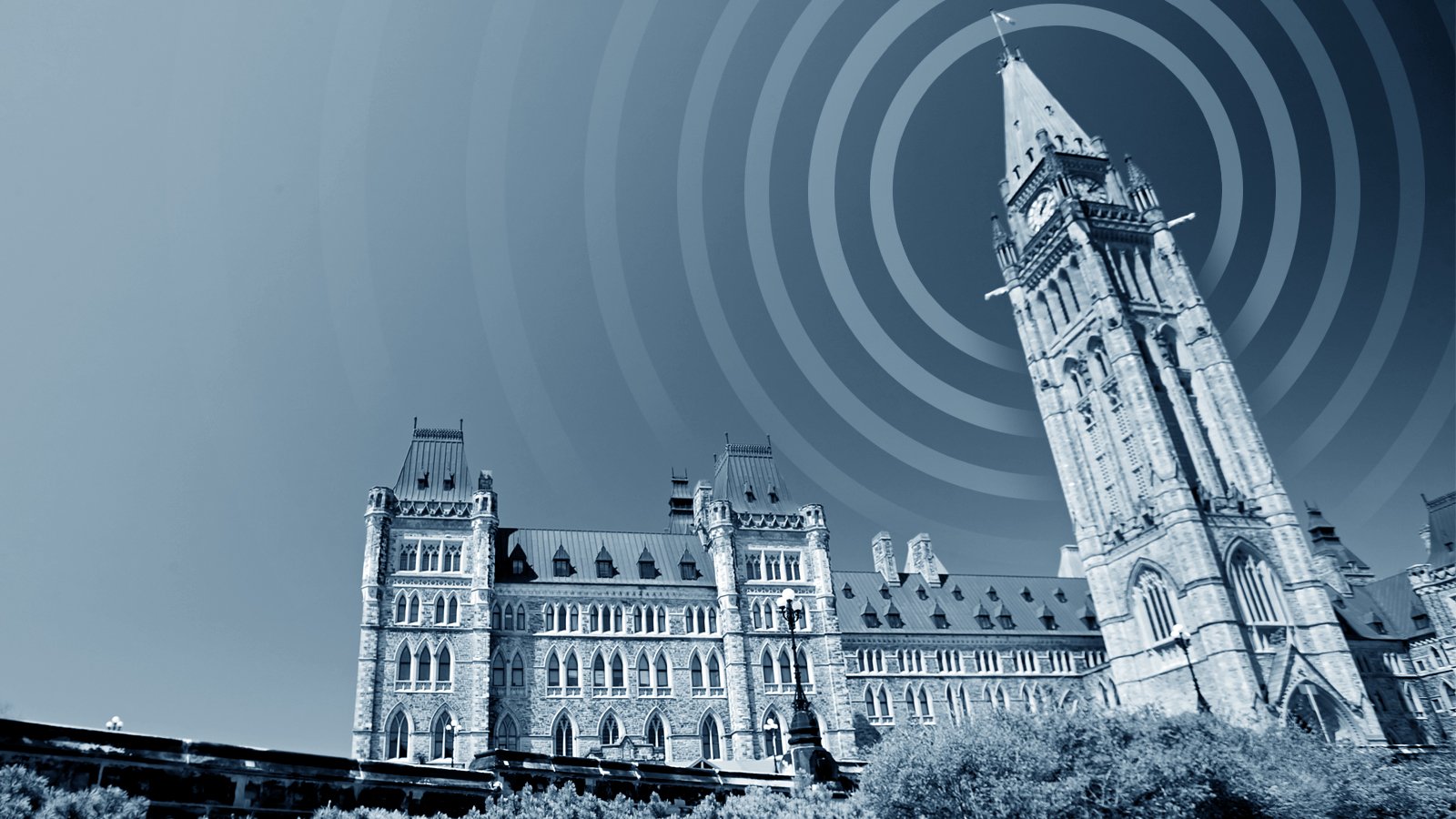
Each week, the Maclean’s Ottawa bureau sits down with Cormac Mac Sweeney to discuss the headlines of the week. This week, anti-immigrant sentiment has gained momentum in voter bases around the world in recent years, but what exactly is triggering that trend? That’s the question that a new academic study has tried to answer. We get the details from the lead author.
He’s been considered one of the best experts on the inner workings of the federal government, but after decades of work in Ottawa and in academia, David Zussman is retiring. He sits down for an exit interview to discuss his work, and provide insight on how our recent prime ministers ran the show.
Could Canada soon have gender-neutral passports? The federal government says it’s reviewing the gender requirements for federally issued identification. We speak with a transgender rights activist who says a change is long overdue.
Parliament Hill marks a sombre anniversary this year: 100 years since the fire that burned Centre Block to the ground. While the blaze was devastating, it actually allowed a phoenix to rise from the ashes. Maclean’s Ottawa Bureau Chief John Geddes learned more in conversation with the curator of the House of Commons.
Subscribe on iTunes today or play below.
The full episode
Part 1. What’s driving global anti-immigrant sentiment?
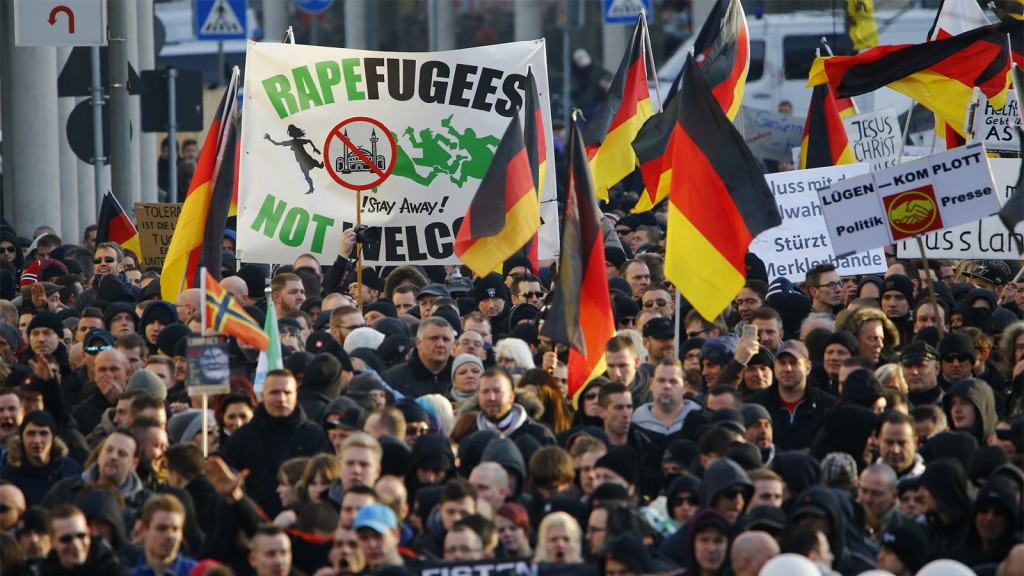
Anti-immigrant sentiment has gained momentum in voter bases around the world in recent years, but what exactly is triggering that trend? That’s the question that a new academic study has tried to answer. We get the details from the lead author.
Part 2. How have Canadian prime ministers run the show?
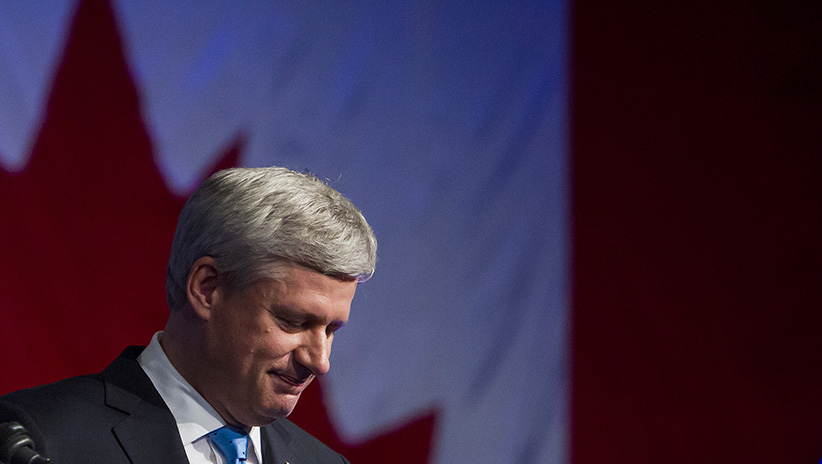
He’s been considered one of the best experts on the inner workings of the federal government, but after decades of work in Ottawa and in academia, David Zussman is retiring. He sits down for an exit interview to discuss his work, and provide insight on how our recent prime ministers ran the show.
Part 3. Are gender-neutral passports coming to Canada?
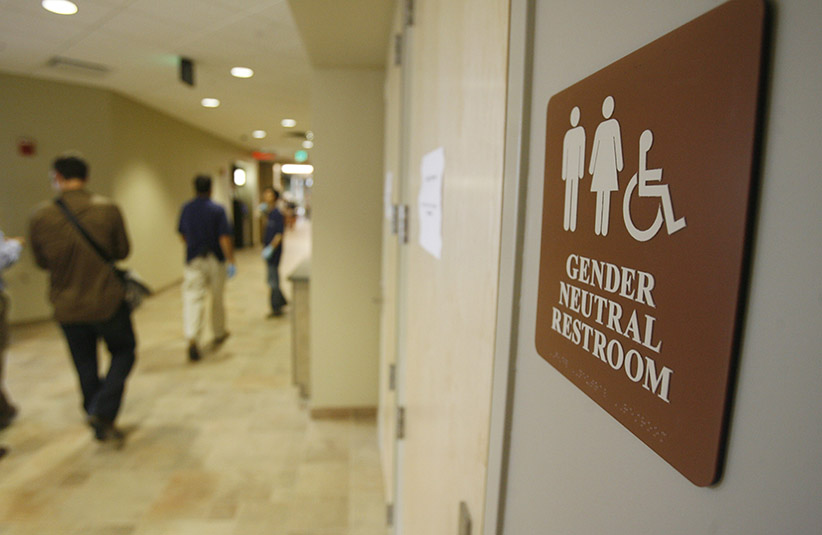
Could Canada soon have gender-neutral passports? The federal government says it’s reviewing the gender requirements for federally issued identification. We speak with a transgender rights activist who says a change is long overdue.
Part 4. The phoenix that rose from Parliament’s ashes in 1916
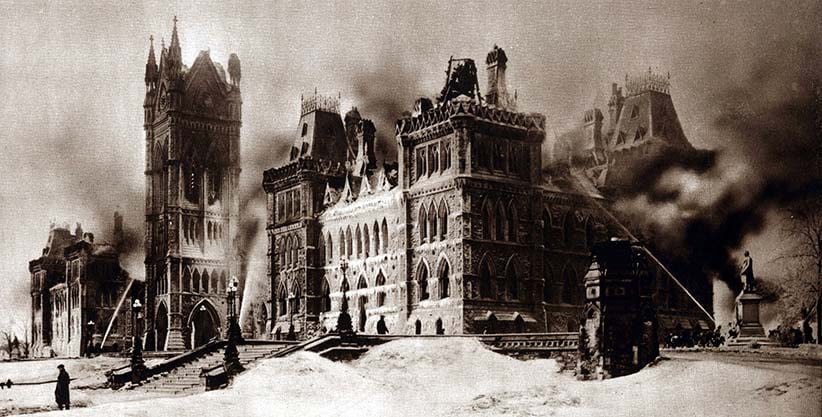
Parliament Hill marks a sombre anniversary this year: 100 years since the fire that burned Centre Block to the ground. While the blaze was devastating, it actually allowed a phoenix to rise from the ashes. Maclean’s Ottawa Bureau Chief John Geddes learned more in conversation with the curator of the House of Commons.
OUR BUREAU’S TOP READS
-

ON NIETO
Meet Mexico’s most hated man -

ON TRUMP
The art of the quid pro quo -
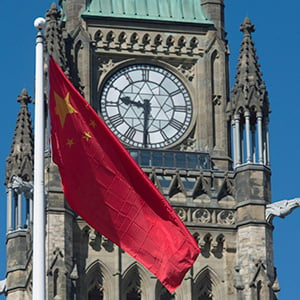
ON CHINA
Trudeau’s problem starts in Canada -

ON BREXIT
Who controls the future?
[widgets_on_pages id=”Politics”]